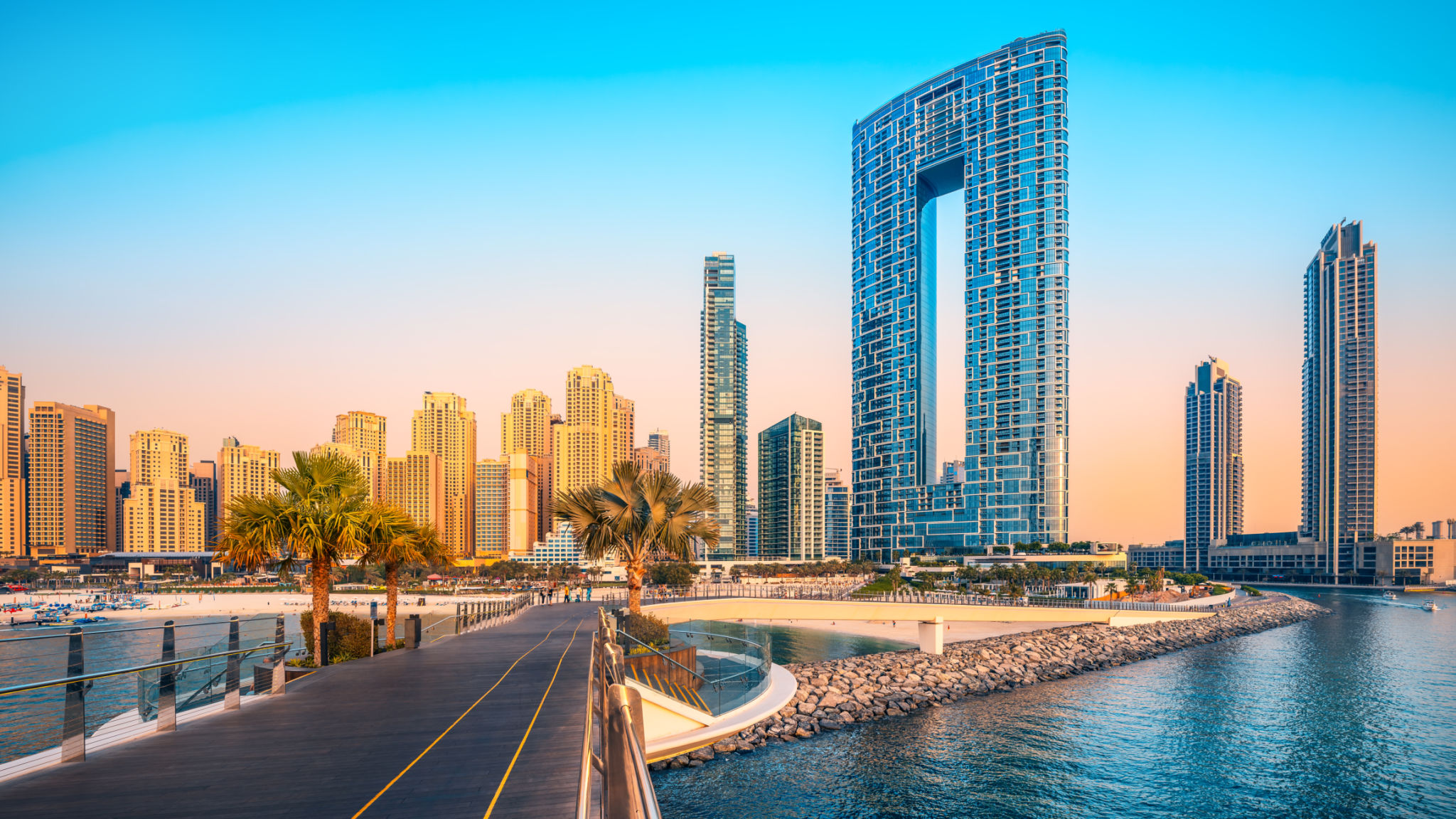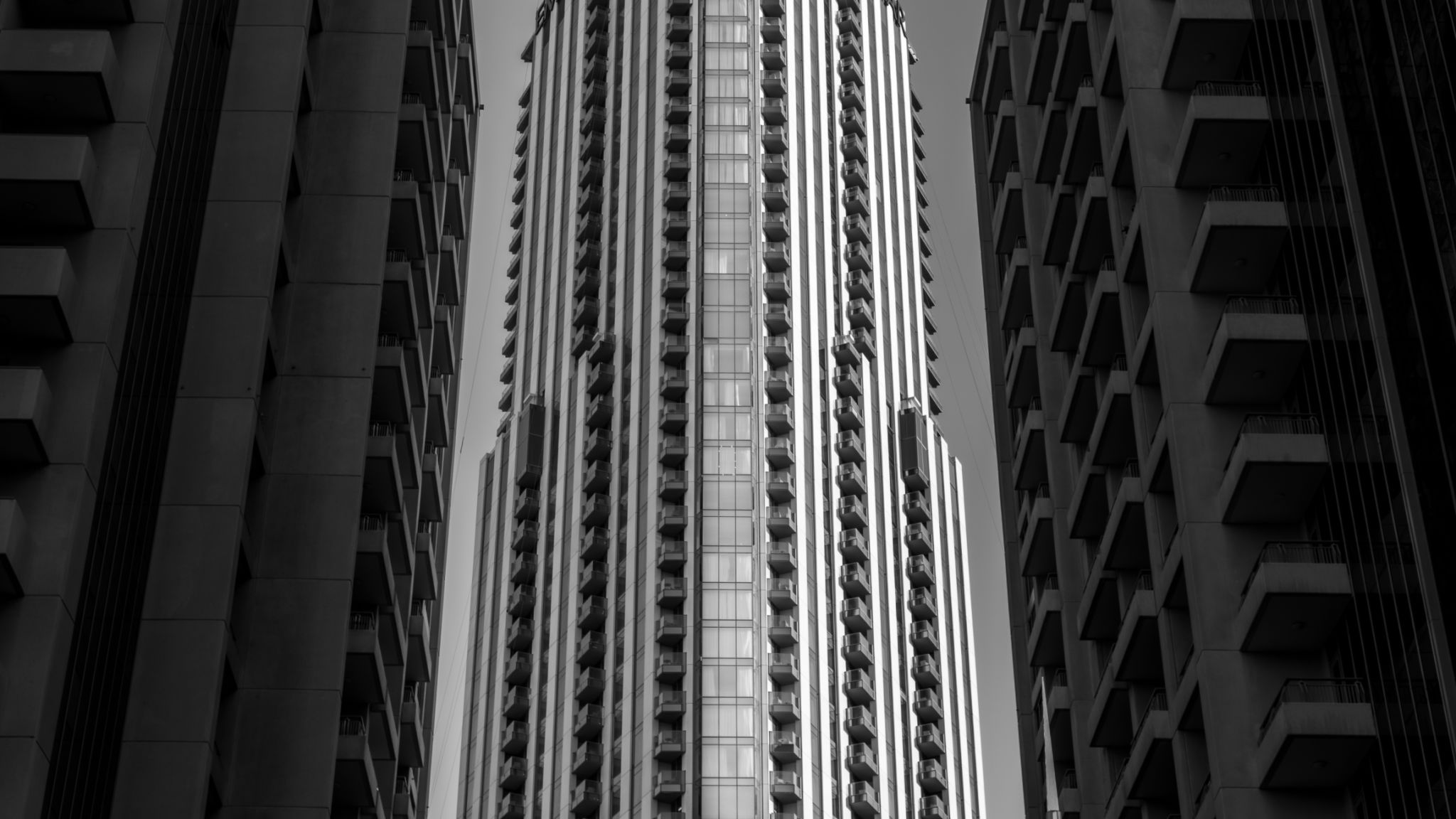Navigating Property Regulations in Dubai: What Buyers Need to Know
Understanding Property Ownership Types
When it comes to purchasing property in Dubai, understanding the types of property ownership is crucial. The most common forms include freehold and leasehold. Freehold ownership allows buyers to own the property and the land it stands on indefinitely, while leasehold ownership typically involves a long-term lease, often up to 99 years, with the land still owned by the landlord.
Foreign investors are primarily interested in freehold properties as these provide more control and flexibility. The Dubai government has designated certain areas where freehold properties are available to non-UAE nationals, making it easier for international investors to participate in the real estate market.

Legal Framework and Documentation
The legal framework surrounding property transactions in Dubai is designed to protect both buyers and sellers. It's essential for buyers to understand the required documentation and processes involved. The Dubai Land Department (DLD) is the primary authority managing property transactions and ensuring that they comply with the regulations.
Key documents required during the property purchase include the Sale Agreement, Title Deed, and No Objection Certificate (NOC) from the developer. Buyers should ensure all documentation is in order before proceeding with any transaction to avoid potential legal issues.

Navigating the Regulatory Bodies
Several regulatory bodies play a vital role in Dubai's real estate sector. Apart from the DLD, the Real Estate Regulatory Authority (RERA) is another significant entity that oversees real estate activities, ensuring transparency and fairness. RERA sets guidelines for developers and brokers and provides a regulatory framework that protects investors.
For those unfamiliar with local regulations, consulting with a licensed real estate agent or legal advisor can be beneficial. These professionals can provide valuable insights and guidance through the intricacies of property laws in Dubai.

Financial Considerations and Fees
Prospective buyers must be aware of the financial implications of purchasing property in Dubai. Apart from the property's price, several additional costs must be considered. These include:
- Registration Fees: Charged by the DLD, usually around 4% of the property value.
- Agency Fees: Typically 2% of the property's purchase price.
- NOC Fees: Paid to the developer for issuing the No Objection Certificate.
It's crucial for buyers to calculate these costs into their budget to avoid unexpected financial burdens during the purchase process.
The Role of Developers and Off-Plan Properties
Dubai's real estate market offers numerous off-plan properties, which are properties sold before they are completed. Buying off-plan can be advantageous as these properties are often sold at a lower price compared to completed projects. However, it's vital to research the developer's track record and reliability.
Many developers offer payment plans that can ease financial pressure, but it's essential to thoroughly understand the terms and conditions associated with these plans. This ensures that buyers are fully aware of their commitments and any potential risks involved.

Due Diligence and Market Research
Conducting thorough due diligence is a critical step in any property purchase. Buyers should research market trends, property values, and neighborhood developments to make informed decisions. Understanding the market dynamics can help in identifying potential areas of growth and investment opportunities.
Engaging with real estate professionals who have deep knowledge of the local market can provide valuable insights and help in making sound investment choices.

Conclusion
Navigating property regulations in Dubai requires a comprehensive understanding of local laws and procedures. By being well-informed about ownership types, legal requirements, financial considerations, and market trends, buyers can confidently invest in this dynamic real estate market.
With careful planning and expert guidance, purchasing property in Dubai can be a rewarding experience that offers significant returns on investment.
